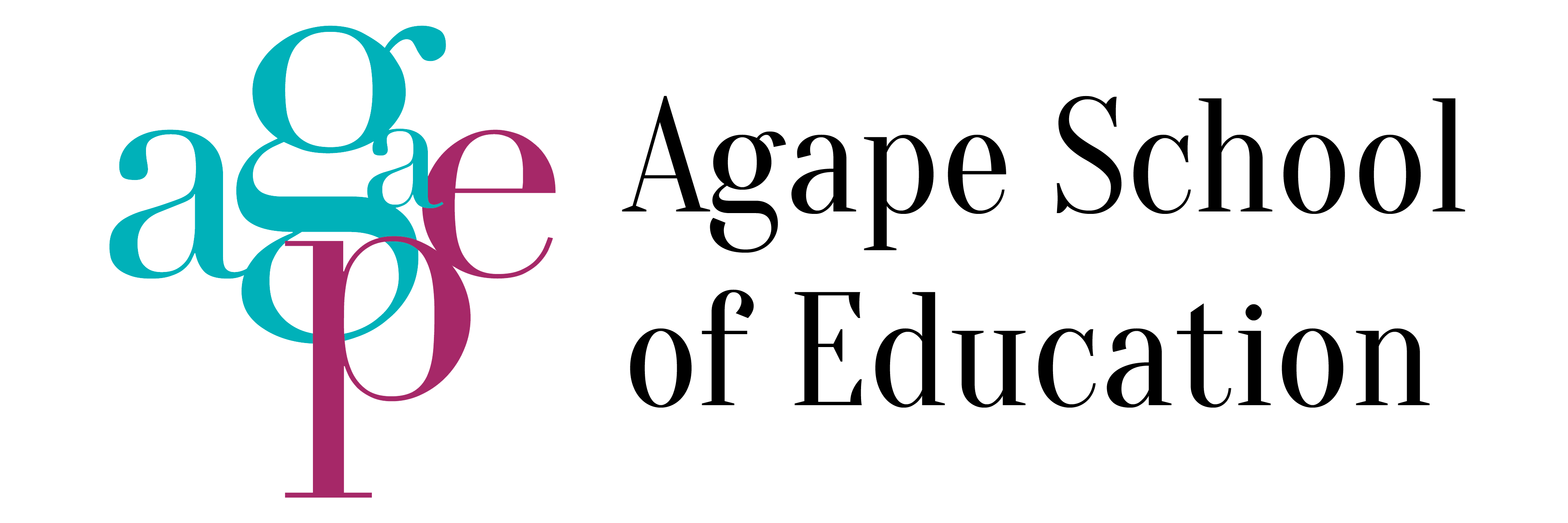Dyslexia is one of the many learning disabilities that have an effect on language and the acquisition of new knowledge. However, dyslexia is often mistaken for other related learning disabilities. So, how do you know if you have dyslexia? We highlight some of the common symptoms and provide strategies on how to overcome dyslexia. We’ll also highlight some of the related conditions that can be mistaken for dyslexia.
What is Dyslexia?
Dyslexia is a learning disorder that involves difficulty reading due to problems identifying speech sounds and learning how they relate to letters and words (decoding). Also called reading disability, dyslexia affects areas of the brain that process language.
People with dyslexia have trouble matching the letters they see on the page with the sounds those letters and combinations of letters make. And when you have a problem with that step, all the other steps are more complicated. What this means is that people with dyslexia find it hard to learn to read, even though they are smart and are motivated to learn.
Do I have Dyslexia?
When you have dyslexia, you may generally have some difficulty with the use of oral language. Here are some questions you can ask if you suspect that you have dyslexia.
1. Were you a late talker (past 18 months)?
You might need to ask your parents or a close relative to answer this question, but if they say yes, this is an early sign of potential dyslexia.
That said, lots of kids without dyslexia are late talkers. There are many reasons for language delay in young children, including
- An intellectual disability
- Autism (although this occurs in less than one in five cases of late talking and one in 50 of all children)
- A physical problem, such as a hearing problem or a neurological disorder (like epilepsy)
- A speech disorder, meaning an inability to pronounce words to be understood
2. Do you have difficulty pronouncing words?
Another characteristic of dyslexia is a difficulty pronouncing words. You may also find it hard to acquire new vocabulary and use appropriate grammar.
3. Can you quickly distinguish left from right?
Directions are often confusing for most people, but along with discriminating the difference of before vs. after or right vs. left can be a sign of dyslexia.
4. Did you hate your ABCs?
Do you remember finding learning the alphabet tedious, or you find that your child has that difficulty? Does memorizing nursery rhymes and songs seem to be hard? It could be a sign of dyslexia, especially if this difficulty does not disappear with age or time. Understanding concepts and the relationships of things can be something you don’t enjoy much. Additionally, you might have difficulty with word retrieval or naming problems.
Similarly, if you’ve had apparent difficulty with reading, such as learning how to read back when you were young, the inability to identify or make rhyming words, or difficulty in counting the number of syllables that a word has, you should mention this to your doctor.
Dyslexia can also damage your phonological awareness. You may have some hearing difficulties. Plus, manipulating sounds in words can sometimes be pretty hard to do. A little problem with your auditory discrimination can also be present, where you find it difficult to distinguish specific sounds within a word.
Dyslexia can also be the cause of difficulty in remembering the shapes and names of letters. More often, you reverse your letters when writing or reading. If you also tend to omit small words when you read and stumble on long words, this is an indication of the syndrome. As a result, comprehending what you have just read can also be a problem.

Writing with Dyslexia
Your written language is also affected by dyslexia. You can experience some trouble in putting your ideas on paper. You can also have lots of spelling mistakes, and have problems in proofreading your work.
What if it’s not Dyslexia?
Some of the other conditions that are related to dyslexia are dysgraphia, dyscalculia, ADD or ADHD, and dyspraxia. Some of the people with these conditions have problems similar to the ones experienced by people with dyslexia. However, they also have specific symptoms that you can use to exclude the conditions on a case-by-case basis.
Dysgraphia is a difficulty with handwriting. People with this condition are unsure if they are right- or left-handed. If you have this condition, you also have very poor or slow handwriting. Copying text can be difficult, and you may have problems with your fine motor skills.
For example:
- Difficulty tying shoelaces.
- Unable to do up buttons/zips.
- Scribbly drawing.
- Poor handwriting.
- It takes a long time to pick up small objects.
- Cannot/finds it very hard too manipulate objects in hand.
Few of us enjoy maths and numbers, but dyscalculia deals with extreme difficulty with math. Simple counting of objects is already hard for people with this condition. The characteristic of this condition is the reversal of numbers and lots of calculation errors. Memorizing math facts or even copying math problems are challenging and laden with errors.
Attention-deficit/hyperactivity disorder (ADD, or ADHD)
ADD, or ADHD deals with a difficulty in attention span. You are very inattentive and easily distracted by things around you. You can also be impulsive and hyperactive at times.
Dyspraxia is a difficulty in coordinating and planning body movements. This can affect both gross and fine motor skills. You can have some problems in coordinating your facial muscles, in which a simple smile can be hard to do.
Disclaimer: This advice should not be taken as medical advice. If you suspect that you or your child have this condition, we recommend asking a professional for a formal assessment.
Learn with us!
With these many possible learning difficulties, it is crucial to detect them in childhood and aid learners on a case-by-case basis. After all, if the foundations are problematic, all further learning is impacted. If anything, this shows that a one-size-fits-all approach to learning language does not work!
That’s why at Agape School of Education, we ensure that everything from our course structure to the course materials are customizable and tailored to our students.
Want to know more about our customizable language courses spanning over 15 different languages? Call us today!
Adult, Student, Business, Mother Tongue In-Lieu and Kids courses available in all languages!
Expose yourself to a new language at Agape School of Education through our carefully crafted Courses. Find a language you’re keen on learning through our Courses and begin your language learning experience with us. Invest in your SkillsFuture credit with us!



0 Comments